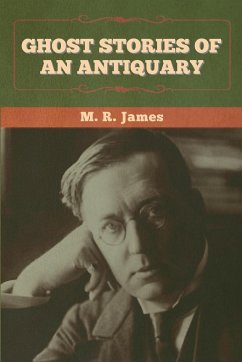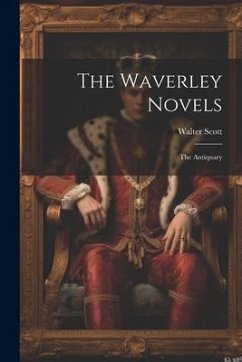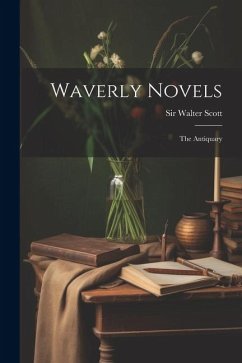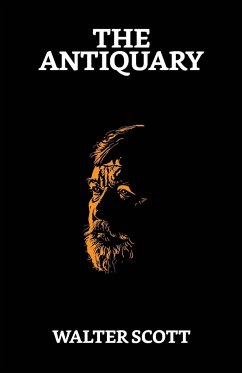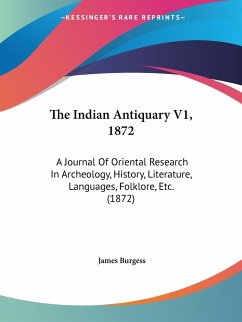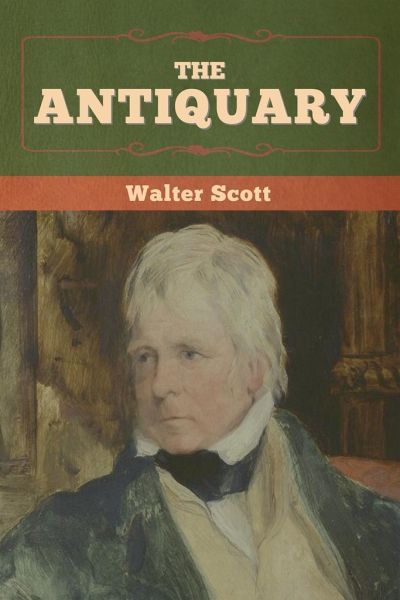
The Antiquary
Versandkostenfrei!
Versandfertig in 1-2 Wochen
21,99 €
inkl. MwSt.

PAYBACK Punkte
11 °P sammeln!
The Antiquary (1816), the third of the Waverley novels by Walter Scott, centres on the character of an antiquary: an amateur historian, archaeologist and collector of items of dubious antiquity. He is the eponymous character and for all practical purposes the hero, though the characters of Lovel and Isabella Wardour provide the conventional love interest. The Antiquary was Scott's own favourite of his novels, and is one of his most critically well-regarded works; H. J. C. Grierson, for example, wrote that "Not many, apart from Shakespeare, could write scenes in which truth and poetry, realism ...
The Antiquary (1816), the third of the Waverley novels by Walter Scott, centres on the character of an antiquary: an amateur historian, archaeologist and collector of items of dubious antiquity. He is the eponymous character and for all practical purposes the hero, though the characters of Lovel and Isabella Wardour provide the conventional love interest. The Antiquary was Scott's own favourite of his novels, and is one of his most critically well-regarded works; H. J. C. Grierson, for example, wrote that "Not many, apart from Shakespeare, could write scenes in which truth and poetry, realism and romance, are more wonderfully presented." Scott wrote in an advertisement to the novel that his purpose in writing it, similar to that of his novels Waverley and Guy Mannering, was to document Scottish life of a certain period, in this case the last decade of the 18th century. The action can be located in July and August 1794. It is, in short, a novel of manners, and its theme is the influence of the past on the present. In tone it is predominantly comic, though the humour is offset with episodes of melodrama and pathos. (wikipedia.org)



